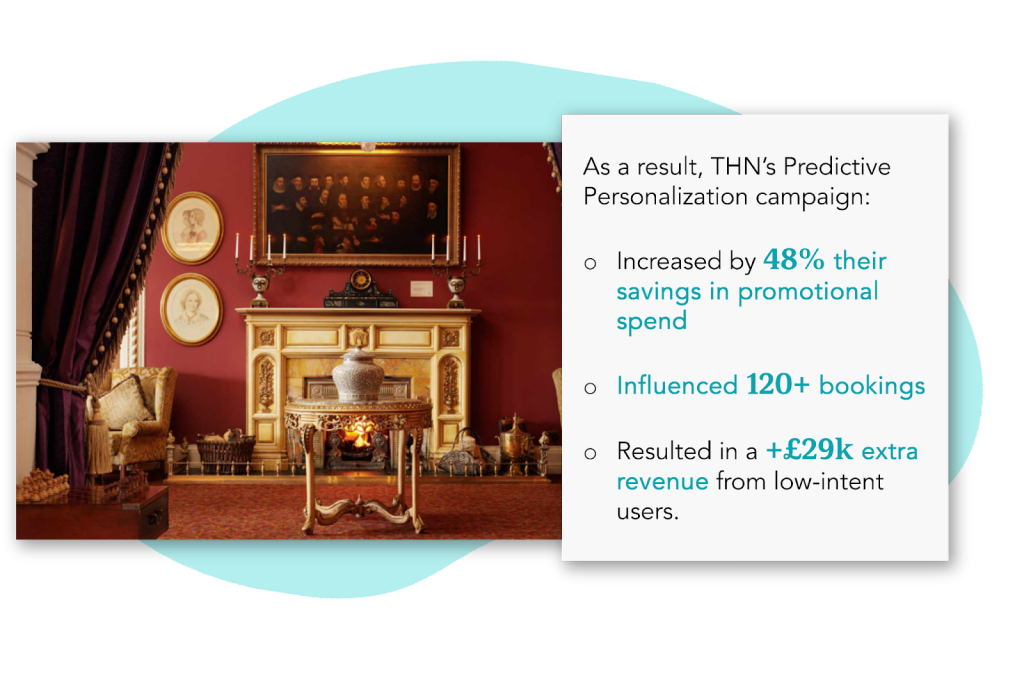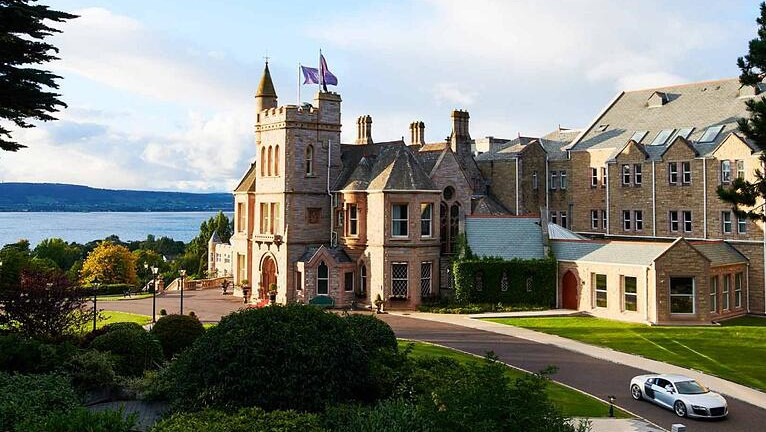Similar to countless hotel brands, the Hastings Hotels commercial team is constantly on the lookout for new opportunities to drive additional revenue, in particular during times of low demand or reduced website traffic.
NB: This is an article from The Hotels Network, one of our Expert Partners
As an established luxury brand with a large following of loyal customers, the direct channel is a key component of the company’s distribution mix. This led to their search for a solution to effectively increase their direct bookings, without doing so at the expense of their promotional budget.
Subscribe to our weekly newsletter and stay up to date
Founded over 50 years ago, Hastings Hotels have developed into Northern Ireland’s premier luxury hotel group, with a collection of six magnificent properties located across the province. Having already worked with the THN team for several years, the brand decided to complete a 2-month trial period with THN’s Predictive Personalization tool to generate more direct bookings while optimizing ROI.
Predictive Personalization harnesses machine learning techniques to predict user behavior and effortlessly optimize campaigns for each and every user. The objective of using this tool for these types of campaigns is to allow hotels to easily adapt their commercial strategy on the fly, creating value-targeted campaigns and increasing direct bookings, all while reducing promotional costs.
Predictive Personalization – Targeting the low-intent user
For the study, an A/B test was conducted over a 2-month trial period on the booking engine dividing visitors into two groups. A Smart Note with a 10% discount was shown to low-intent users with a 0 to 40% probability of completing a reservation, and who were in Group A. Low-intent users in Group B did not see the message.
Each user visiting the hotel website was given a score of 0 to 100 based on their likelihood to book, automatically excluding high-intent users from seeing the offer as they didn’t match the value score criteria.

As a result, Hastings reduced their promotional spend by 48% using THN features, as the offer wasn’t shown to those identified as needing an extra incentive to book, and influenced 120+ bookings of website visitors who returned to the website after seeing the offer and completed the reservation without a promo code, both generating savings. The campaign ultimately resulted in +£29k extra revenue from low-intent users.
Running the low-intent campaign showed that, despite experiencing a significant traffic decrease, Hastings Hotels could still increase revenue and save on promotional spend at the same time.

The use of Smart Notes on the booking engine can be adapted to all search devices, and nudge users towards direct booking with in-web notifications to showcase the unique offers of your hotel. By displaying a discount or other features of your hotel to low-intent users, Smart Notes reassure users that your hotel is the right choice.
Want to learn more about the campaigns Hastings Hotels implemented during low-demand times? Download the full case study to find out how they successfully adapted their strategy to focus on low-intent users to increase direct bookings.





